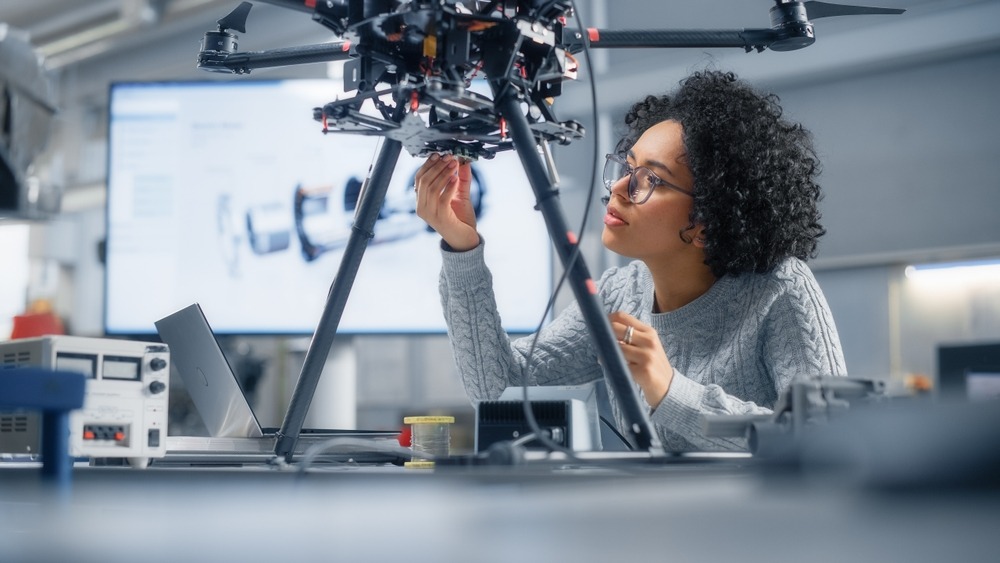Women underrepresented in STEM degrees, study finds
A recent study has found that women account for less than 1/5 of students in engineering, technology, and computing degrees and are less likely to get first-class degrees than their male counterparts.
Researchers at the women-only Murray Edwards College, Cambridge, and the Higher Education Statistics Agency (HESA) found that women were less likely to study and work as professors in STEM courses at universities in Britain.
In 2021/22, only 14% of professors teaching Physics, Maths, and Chemistry nationwide were women, according to the research. The number is only 9% for Electrical and Computer Engineering – and for Clinical Medicine, Anatomy, and Physiology the figure is only 1/3 – despite 70% of Medicine graduates being women.
The UK’s education system is failing bright girls and young women with the capacity to become the brilliant scientists, mathematicians and engineers of the future
Dorothy Byrne, President of Murray Edwards College
There are also stark gender differences in STEM degree attainment at Cambridge. Only 8% of female students were awarded first-class degrees in Computer Science in 2022, compared with 32% of men. In Mathematics, over twice as many men received first-class degrees compared to women.
The College revealed these figures during the Women in STEM Festival on 26 and 27 October. Female professors shared their research and discussed systematic factors leading to gender inequality in STEM, both within industries and the higher education sector.
Dorothy Byrne, the President of Murray Edwards College, commented: “The UK’s education system is failing bright girls and young women with the capacity to become the brilliant scientists, mathematicians and engineers of the future. These ‘missing women’ also represent a massive loss to the UK economy.”
Byrne also went on to say: “Politicians have been talking a lot about maths recently. The Conservatives say they will introduce compulsory maths classes until the age of 18 and Labour promise improved maths teaching for younger children, but we also need action to bring equality for women in education in maths, physics and related subjects.”
The trend of underrepresentation in STEM within the UK also extends to Warwick. At the University of Warwick, only 39% of undergraduate Mathematics students were women in 2018/19, and in the School of Engineering, women comprised 22% of undergraduate students and 15% of academic staff in 2022. These figures are lower than those for the University at large – In 2022/23, 50% of students and 26.5% of professors across the university were women.

Comments